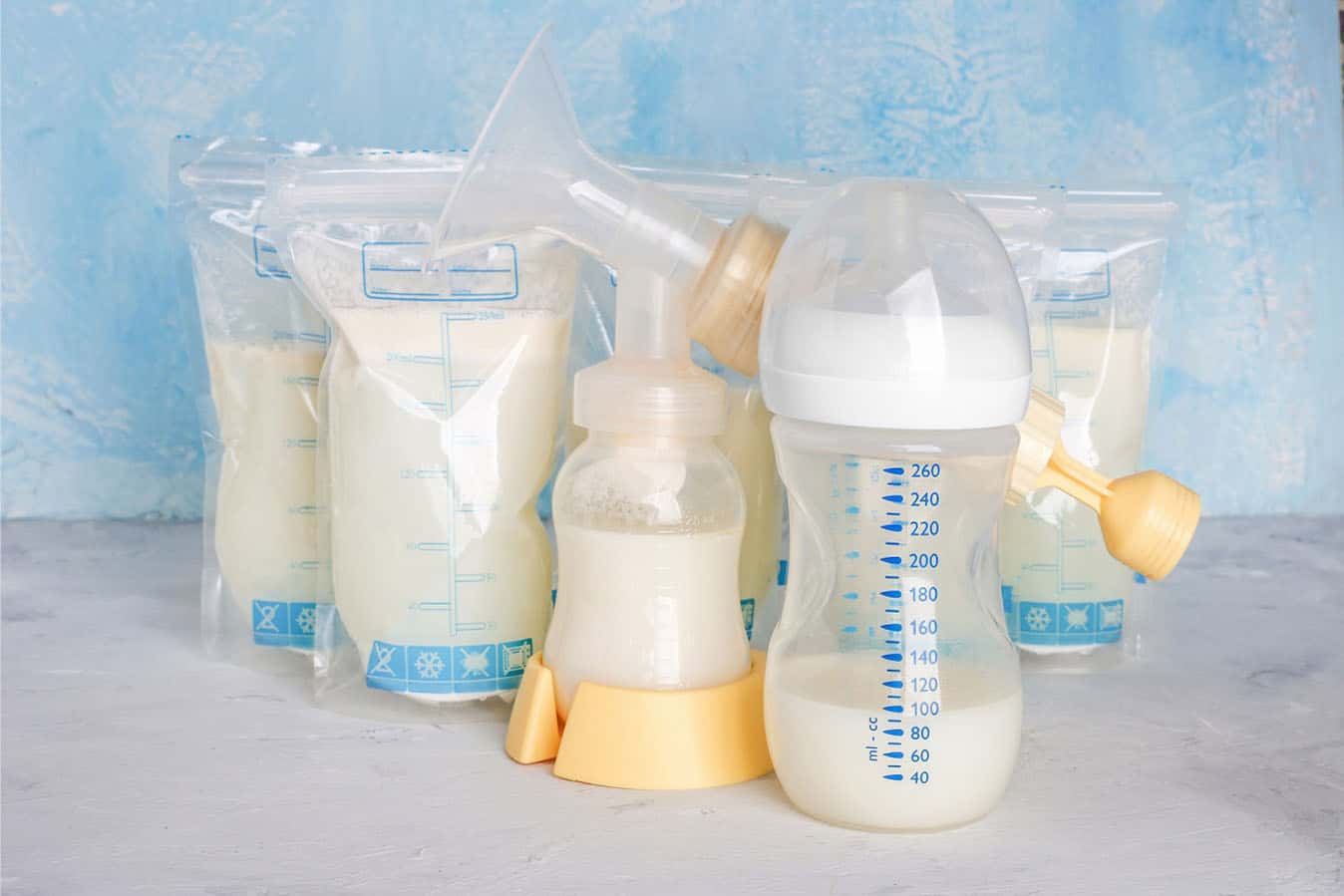Breast milk should be regulated in the same way as human blood, according to Australian law and bioethics experts concerned with the growing shadow market for human milk, including from body builders and cancer and COVID patients.
Recommendations, published as part of a research paper in the Australian Feminist Law Journal, include for a legal definition of human milk so that it can be brought under market regulation.
In Australia, human milk has no legal definition, and its trade is unregulated. The internet and social media networks are key platforms that enable the donation, sharing or trade of human milk, with Facebook groups servicing all states and territories.
Unscreened and potentially unsafe human milk is being provide infants, said lead author Deakin Law School Associate Professor Neera Bhatia.
“We consider that there is a need for regulatory guidance with effective legal oversight and accountability that should not be left to those administering online Facebook groups.”
When mother’s own milk is not available, donor human milk is the next best alternative, especially for preterm, sick and low birthweight infants; the next and last option is a specifically designed infant formula.
Though families wanting human milk for their babies still make up the majority of those seeking suppliers online, increasing interest in human milk for adult consumption has come particularly from bodybuilding communities, according to the researchers.
Recently, human milk has also attracted the attention of cancer patients for use as a novel form of stem cell therapy.
Human milk is predominantly donated, shared or traded by parents who have a surplus supply, or who may have stopped breastfeeding their infant but still have human milk that they are willing to express. However, research has found that human milk sourced and purchased via the internet often contains higher bacterial growth and contamination due to poor storage, collection, and transport practices.
Australia should treat the sharing of human milk the same as blood donation, because the two products had many important similarities, Associate Professor Bhatia said.
“Both blood and human milk are generated in the body and are replaced by natural processes. Both carry health risks if they are not screened for infectious agents or stored correctly. Both are a source of human cells, including stem cells.
“People donate blood altruistically; they can’t sell it. And we believe that like blood, human milk can be effectively collected, screened and shared via regulated milk banks.”
Human milk banks already operate in 66 different countries. Milk banks operate in some Australian states, but milk is only provided for some extremely sick or premature babies in neonatal intensive care units.
Associate Professor Bhatia said a much wider group of babies could benefit from donated milk.
“Babies with same sex parents, born to a surrogate, fostered or adopted, with a mother who has passed away, or with mothers having difficulty breastfeeding would all benefit from increased access to safely donated milk,” she said.
“We know that access to breast milk in infancy is strongly linked to positive health outcomes for the child.”
Recommendations
- Human milk should be defined as a tissue and regulated similarly to human blood.
- A regulatory framework should be developed to promote the safe exchange, sale, or donation of human milk, potentially informed by the current framework for blood donation.
- A statutory authority should be set up akin to Australia’s National Blood Authority, which manages and coordinates the supply of blood.
- Mandatory standards should be developed for storing and handling human milk.
- Greater awareness must be raised of the risks associated with informal exchange of human milk via internet channels for donors, recipients and health professionals.
The European Foundation for the Care of Newborn Infants (EFCNI) is also advocating the need for regulation of human milk in the European Union. Currently, human milk and its donation are not regulated at the level of the EU.
A common regulatory framework would ensure that human milk’s procurement, storage, processing and distribution met high quality and safety standards in a harmonised manner, argues the EFCNI. This would ensure a minimum standard and equitable access to safe donor human milk for preterm, sick and low birthweight infants.








